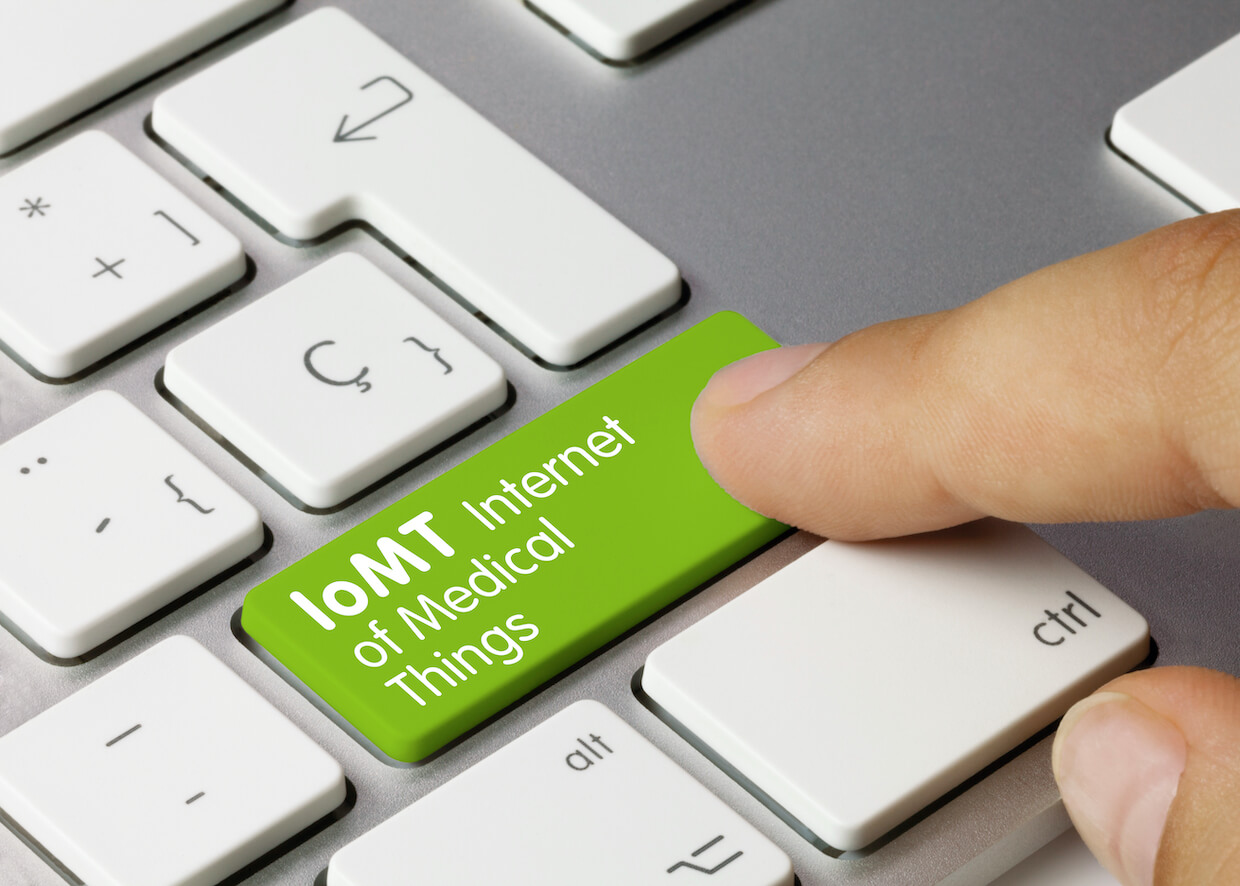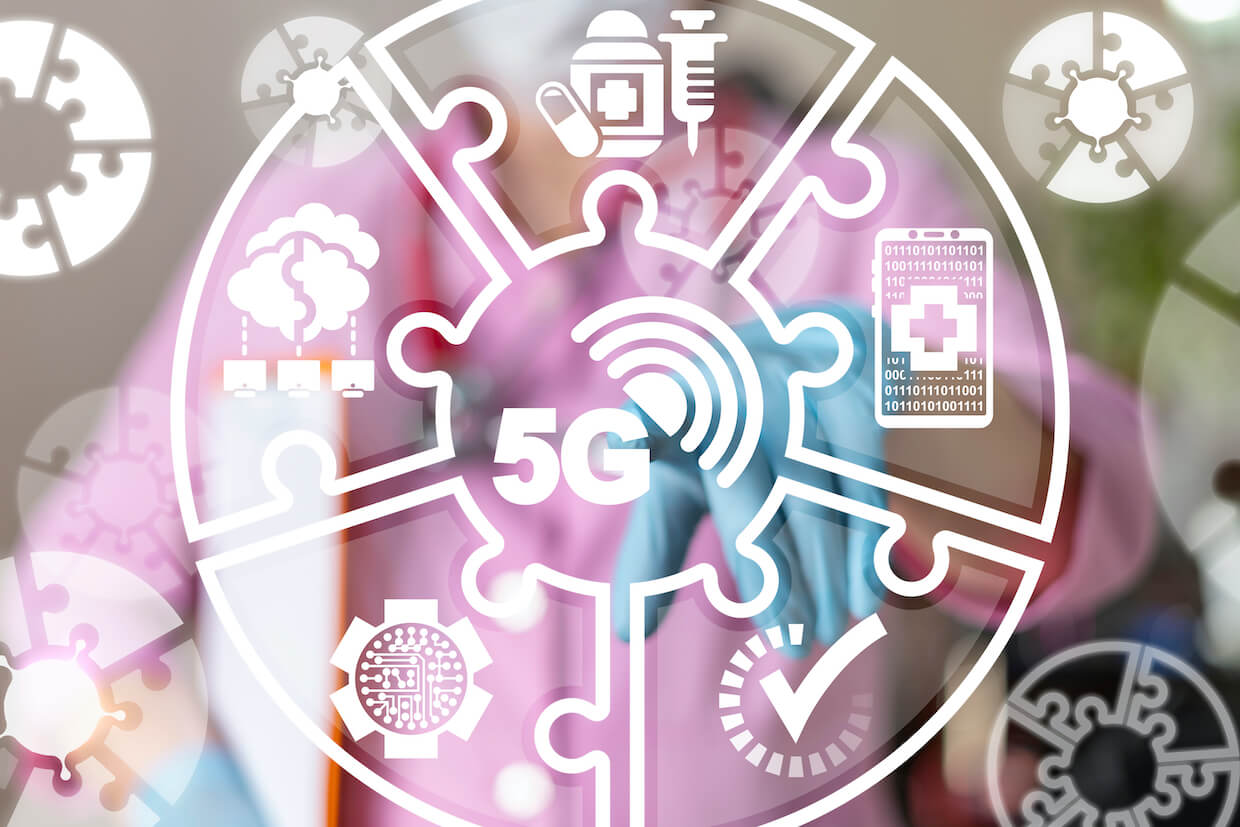
Contact us
Our team would love to hear from you.

Healthcare providers keep investing in digital health companies and startups; the reason for this being the revenue that can be increased tenfold in a short time. Have a look at the most promising digital healthcare trends 2020 that are going to improve healthcare this year.
Artificial intelligence (AI) in medicine has tremendous potential for growth in 2020. Contrary to popular belief, AI is not going to replace medical staff, but continue to serve as a digital assistant for decision support and data analysis. AI in medicine is used to handle the needs and requests of any patient, which is, in fact, a huge step towards the personalization of medical services. Together with its subfields (Machine learning, NLP, computer vision, and so on), AI in healthcare will be widely utilized in disease diagnosis, radiology, imaging, health records, drug development, and more.
Machine learning is increasingly used in various fields of medicine. Digital healthcare trends and artificial intelligence promise to lead to new achievements in the field of diagnosis and treatment of multiple diseases, in particular, cancer, which can expand access to medical care in the countries where the number of medical specialists is limited. Machine learning in medicine improves sensitivity in the process of detecting diseases, plays an important role in the decision-making process, and gives patients the opportunity for individualized treatment.

Internet of Medical Things is a set of connected medical devices and apps within a computer network. Next year, the combination of IOMT and telemedicine software is going to accelerate additional data collection focusing on the analysis of symptoms and tendencies.
Wearable devices can be connected to various medical systems with all the input information processed and analyzed at once. Another field of application is remote controlling and location tracking sensors built-in medical equipment (wheelchairs, defibrillators, etc.).
The Internet of Medical Things revenue is predicted to reach 35 billion dollars by 2025 as compared to 24 billion in 2016.

Who would have thought that 5G and healthcare would be closely related in 2020? But healthcare seems to benefit the most from using this technology. 5G medical devices are going to become a part of IOMT sensors and help them receive and send huge amounts of data.
5g mobile technology in healthcare is expected to transform the entire industry by increasing the speed of communication between patients and doctors. This will be crucial for the transfer of large medical images, for supporting telehealth and remote patient monitoring tools and for more practical use not only of the Internet of Things but also of AI, AR, and VR. Patients do not need to undergo physical examination by doctors, since both diagnosis and treatment can be given remotely. This will also cut the cost of medical care, especially for those patients who live far away.
Due to infrastructure insufficiencies of the 5G technology, it has not been widely used yet. Therefore, health facilities will stick to either Wi-Fi or 4G until sufficient infrastructure is built.

Medical biotechnology is applied for gene therapy, molecular diagnosis, edible vaccines, pharmacogenomics, tissue engineering, and more. The global biotechnology market is estimated to reach 727 billion dollars by 2025. Digital health companies caught the wave, and today the biotech software development market is one of the most competitive in the USA and Europe. This year we are going to witness a breakthrough in organ transplantation, new trends in gene and cell medicine, not to mention other innovations and healthcare IT trends that might change our lives.
Thanks to electronic health records, healthcare organizations receive a wealth of patient data that can help to predict outcomes and lower costs. One of the most valuable options for using predictive analytics in healthcare is to identify high-risk patients to reduce hospitalization rate, lower readmissions, and cut the number of visits to the emergency department. According to the survey carried out by the Society of Actuaries (SOA), about 60% of healthcare executives relied on predictive analytics in 2019 and they are eager to continue investing in it.
Obviously, healthcare-based businesses have to keep abreast of all the latest achievements and trends in the industry. Health IT must have an arsenal of technologies at its disposal to meet the numerous demands of medical providers. Not to do all this is to be doomed to failure.
Our team would love to hear from you.
Fill out the form, and we’ve got you covered.
What happens next?
San Diego, California
4445 Eastgate Mall, Suite 200
92121, 1-800-288-9659
San Francisco, California
50 California St #1500
94111, 1-800-288-9659
Pittsburgh, Pennsylvania
One Oxford Centre, 500 Grant St Suite 2900
15219, 1-800-288-9659
Durham, North Carolina
RTP Meridian, 2530 Meridian Pkwy Suite 300
27713, 1-800-288-9659
San Jose, Costa Rica
C. 118B, Trejos Montealegre
10203, 1-800-288-9659